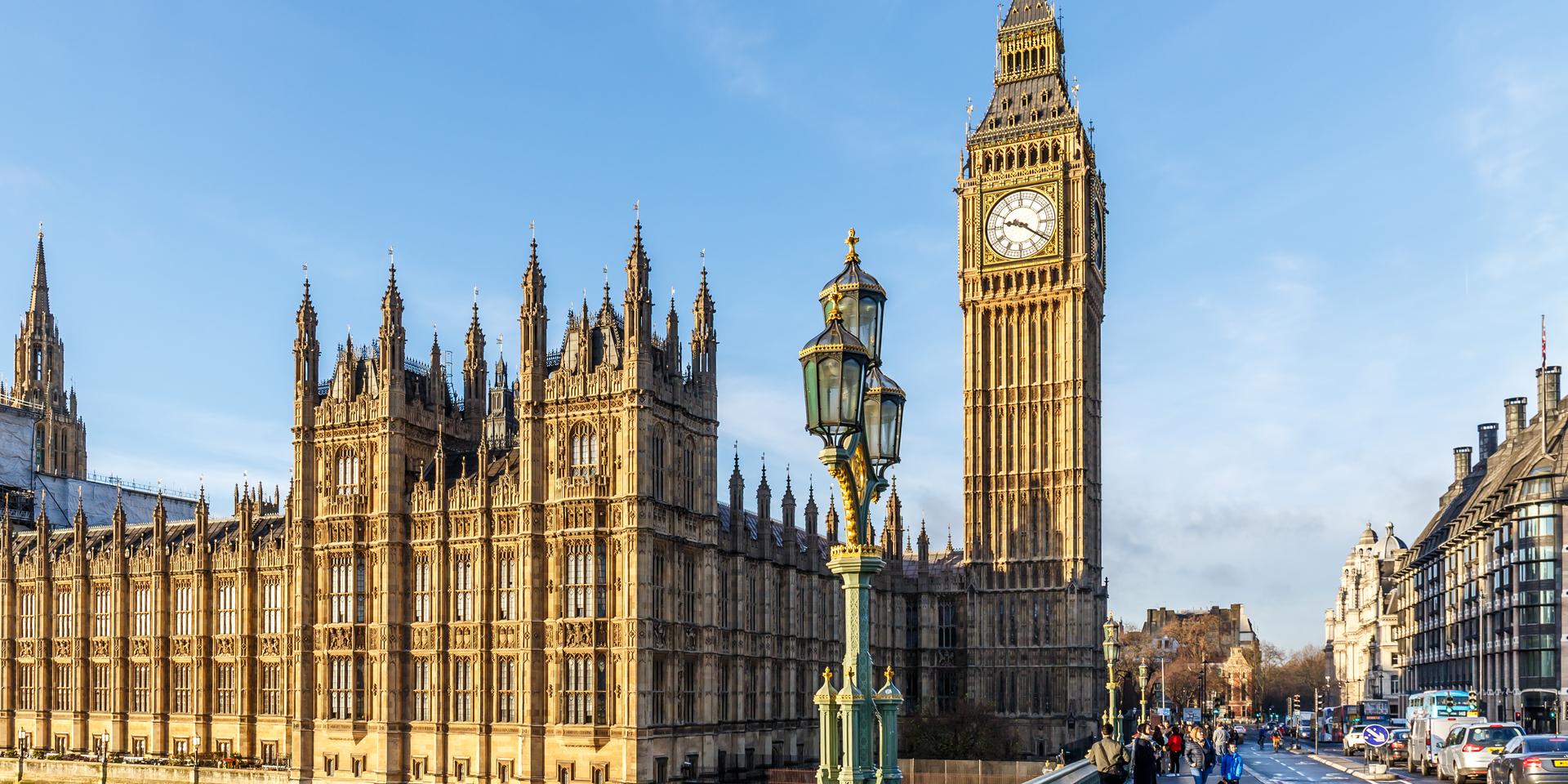On 22 November 2023, chancellor Jeremy Hunt delivered the Autumn Statement against a backdrop of a cost of living crisis and a looming general election.
It’s been a challenging year with inflation dominating headlines. While inflation has fallen, it’s still higher than the Bank of England’s 2% target at 4.6% in the 12 months to October 2023.
Ahead of his speech, Hunt faced pressure to reduce the tax burden on both households and businesses while there was speculation about a potential Inheritance Tax cut, which didn’t materialise.
In his speech, Hunt said the plan for the British economy was working as the UK avoided a previously forecast recession this year. However, he cautiously added that the “work is not done” as he set out 110 measures to “reduce debt, cut taxes, and reward work”.
Here are the key points of the Autumn Statement, and what they might mean for you.
National Insurance cut for employees and self-employed workers
The chancellor cut National Insurance (NI) for 29 million working people.
The main rate of employee NI will be reduced by two percentage points from 12% to 10% from 6 January 2024. The new rate will save the average employee earning £35,400 a year more than £450 annually.
In addition, Class 2 National Insurance contributions (NICs), which are mandatory for self-employed workers earning more than £12,570 a year, will be abolished from April 2024. It’s estimated this will save the average self-employed person £192 a year. The good news for self-employed workers is they’ll retain access to contributory benefits, including the State Pension.
In 2024/25, Class 4 NICs paid by self-employed workers on earnings between £12,570 and £50,270 will fall from 9% to 8%.
Combined, these two changes will result in an average self-employed person earning £28,200 saving £350 a year from 2024/25.
The State Pension “triple lock” will remain in place
After weeks of uncertainty, Hunt confirmed during the Autumn Statement that the State Pension “triple lock” will be honoured.
Under the “triple lock”, the State Pension increases each year by the higher of:
- Inflation, as measured by the Consumer Prices Index (CPI) in September (of the previous year)
- The average increase in wages across the UK from May to July (of the previous year), or
- 2.5%.
Wage growth of 8.5% means someone on the full new State Pension will receive more than £900 a year extra in 2024/25.
Similarly, Pension Credit will also rise by 8.5% in April 2024.
Abolition of pension Lifetime Allowance confirmed
While the chancellor didn’t make any new announcements related to pension allowances during the Autumn Statement, he did confirm that the previously reported abolition of the pension Lifetime Allowance will take effect from 6 April 2024.
Hunt also announced plans to consult on a pension “pot for life”. Under the plans, pension savers would have the legal right to choose the scheme their employer pays pension contributions to. This move could help workers manage retirement savings and reduce the number of people with multiple small pensions.
ISA holders will benefit from more flexibility
The annual subscription limits for ISAs (£20,000), Junior ISAs (£9,000), Child Trust Funds (£9,000), and Lifetime ISAs (£4,000, excluding government bonus) will remain the same in 2024/25.
However, changes could provide savers and investors with more flexibility.
First, ISA holders will be able to deposit money into multiple ISAs of the same type each tax year from April 2024. They will also be able to partially transfer money between providers.
Second, investors with an Innovative Finance ISA will be able to invest their money in a greater range of assets, including long-term asset funds and open-ended property funds with extended notice periods.
Other measures
National living wage
Hunt announced the largest increase to the UK’s national living wage. It will rise by 9.8% to £11.44 an hour. In addition, the new rate, which comes into force in April 2024, will be expanded to include 21- and 22-year-olds for the first time.
It’s estimated the increase will benefit almost 2.7 million people, with full-time workers earning the national living wage receiving a boost of more than £1,800 a year to their income.
Benefits uprated
In line with September 2023 inflation figures, Hunt announced an increase in benefits of 6.7%. He also added an increase to the Local Housing Allowance, providing 1.6 million households with an average of £800 of support next year.
A shake-up of the benefits system was also unveiled. Benefit claimants who fail to find work for more than 18 months will have to complete a work experience placement. Long-term unemployed who are deemed to be not adequately looking for jobs will also face stricter penalties.
Business rates discount to continue for another year
The 75% business rates discount for retail, hospitality and leisure firms has been extended for another year in a welcome boost for high street shops, pubs, and more.
The multiplier for small business premises is also frozen.
Freeze on alcohol duty
In further positive news for pubs, the chancellor announced a freeze on all alcohol duty until 1 August 2024.
Full expensing
Businesses will continue to benefit from full expensing. It allows firms to offset spending on plant and machinery against profits.
The measure was previously set to expire in March 2026 but has been made permanent.
Enterprise Investment Scheme and Venture Capital Trusts
To support early-stage, innovative companies, both the Enterprise Investment Scheme and Venture Capital Trusts, which provide a tax break to investors, have been extended to 2035.
Get in touch
If you have any questions about how the Autumn Statement will affect you and your finances, please get in touch.
Please note: All information is from the Autumn Statement 2023 document and the government’s Autumn Statement news bulletin.
The content of this Autumn Statement summary is intended for general information purposes only. The content should not be relied upon in its entirety and shall not be deemed to be or constitute advice.
While we believe this interpretation to be correct, it cannot be guaranteed and we cannot accept any responsibility for any action taken or refrained from being taken as a result of the information contained within this summary. Please obtain professional advice before entering into or altering any new arrangement.







